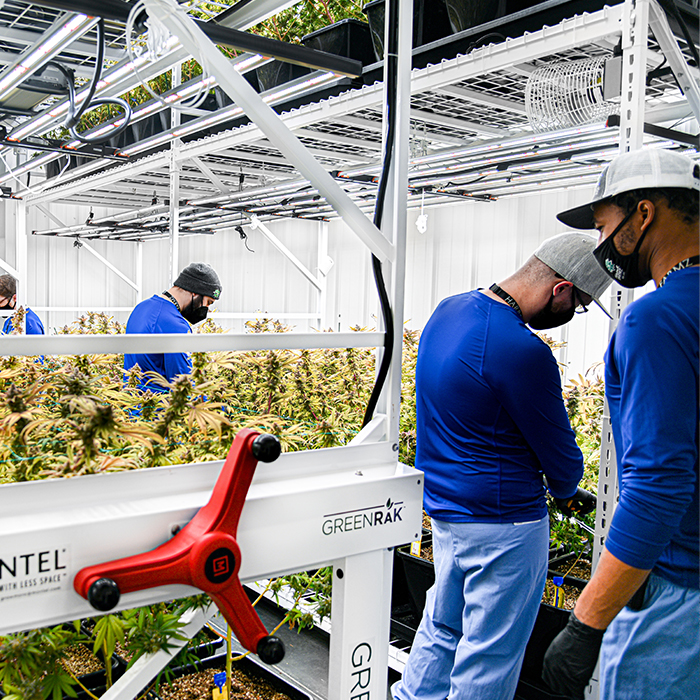Top Challenges for Running a Vertical Farm
Insights on vertical farming
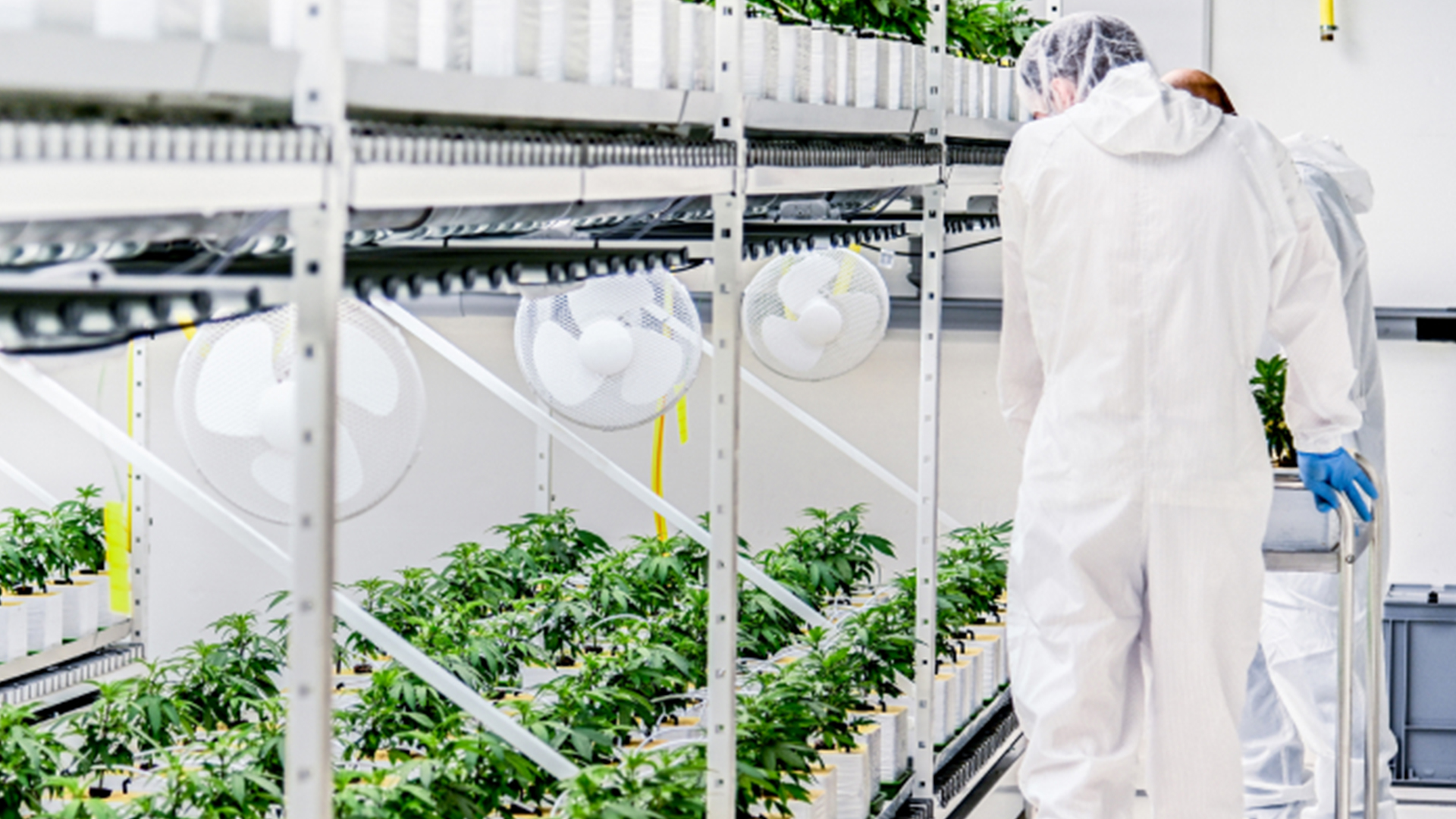
Capital expenses
Startups and VF hopefuls must devise a comprehensive plan for recuperating their initial capital expenses, one that includes a timetable. One analysis of agritech facilities in the New York area estimates the capex for vertical farms at nearly double what it is for a similarly sized high-tech greenhouse.
To an extent, that’s to be expected—vertical farms consume less arable land and rely on controlled environments powered by lighting and HVAC systems. The question is, how will these vertical farms maximize their yield to chip away at those upfront costs and reach profitability?
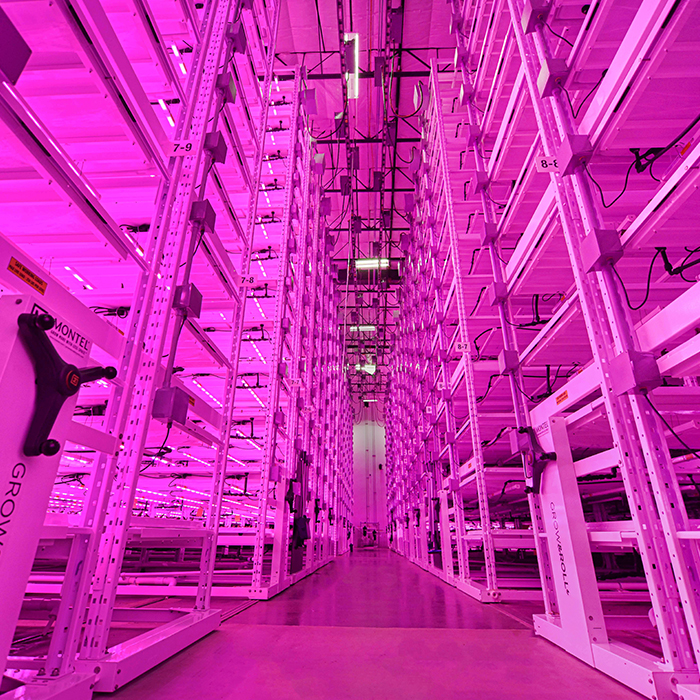
Operating costs
While traditional farming doesn’t have to pay to access the sun, wind, and rain the way that a vertical farm must build out and power lighting, ventilation, and irrigation systems, controlled systems create a better product at a higher volume and without the threats of destructive storms, droughts, and pests.
Still, the vertical farming operation will have to account for those added operating costs, particularly its energy use, which comprises 50 to 70 percent of VF opex. Will they achieve peak performance through operational efficiency, pinpoint technological investment, or stellar branding?
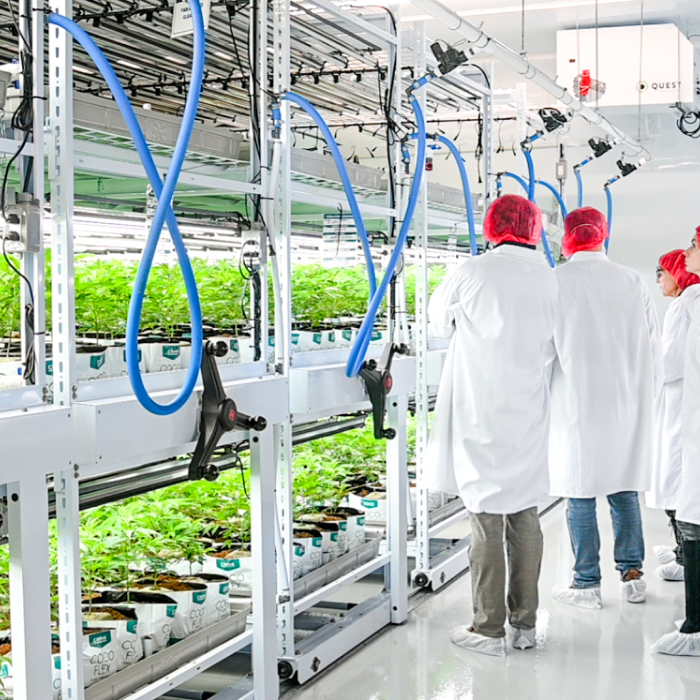
Hiring for agritech
Skilled labor has always been necessary for farming, and talent acquisition for indoor vertical farming is not dissimilar in, broadly, what it seeks from its prospective hires. Depending on the vertical farm and its unique hiring needs, top candidates will likely have a dual knowledge of science and engineering, as well as some relevant job experience.
As for entry-level positions, vertical farms need not stray from good hiring practices for any industry: seek out individuals with a track record of leadership, hard work, and a receptiveness to learning.
But as vertical farming continues to advance technologically and the space grows more competitive, those who hold the degrees and the experience will also hold all the power. Some of the highest-paying jobs in agriculture are the very ones a vertical farm will seek to fill. As such, prosperous agribusinesses have been, and will continue to be, those that map the experience of a candidate with the exact gap in their talent, which yields them the most practical expertise for their labor investment. This is true even for hiring back-office management positions. An agricultural foundation could pay dividends in cross-departmental communications and unified marketing strategies.
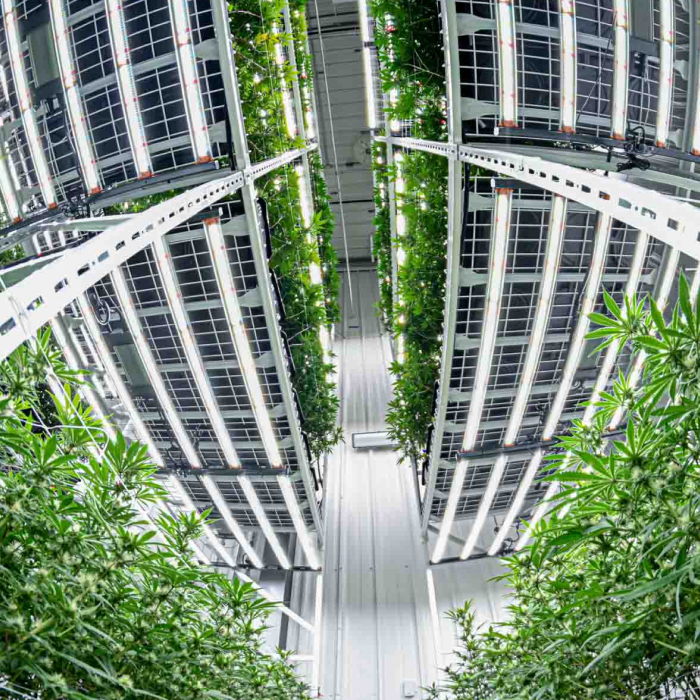
Mobile racking for vertical farms
At a time when vertical farms face difficult and expensive challenges, custom mobile racking designed exclusively for vertical farming is an all-in-one solution that optimizes both the vertical and the horizontal growth planes in order to increase crop yield and shorten turnaround on ROI.
If you’re interested in how Montel GREENRAK and our other vertical farming solutions revolutionize agriculture, contact your local Authorized Montel Distributor to schedule a free no-obligation consultation.
